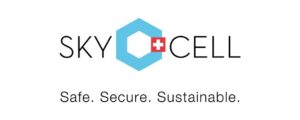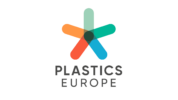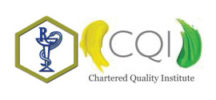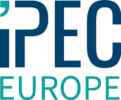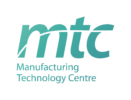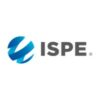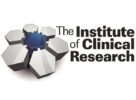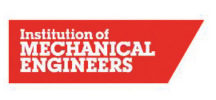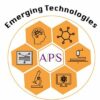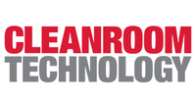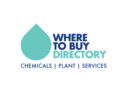Shortlisted:
Sustainability in Distribution
SkyCell's Sustainable Pharma Logistics: Pioneering a Greener Future
Founded in Switzerland in 2012, SkyCell is transforming the pharmaceutical supply chain, making it safer and more sustainable. Through a combination of proprietary software, hardware, and big data, SkyCell’s innovative temperature-controlled hybrid containers have significantly contributed to reducing medicine spoilage rates and minimizing the carbon emissions associated with medicine transportation.
Each year, the global healthcare industry emits two gigatons of CO2 (4.4% of total global emissions), which on its own, would make it the fifth largest contributor to emissions globally. SkyCell addresses this challenge by focusing on the energy-intensive transportation of temperature-sensitive pharmaceuticals. By virtually eliminating spoilage rates with an independently audited temperature-excursion rate of less than just 0.05%, SkyCell minimizes the need for remanufacturing and reshipping, leading to substantial reductions in wasted logistics, energy, and resources.
In 2022, SkyCell launched its most innovative container yet: the 1500X, setting new standards for the sustainability and protection of pharmaceutical goods. Manufactured with a diecast frame using the same techniques deployed in the construction of airplane parts, the 1500X is 120kg lighter and 400% stronger than any of its predecessors and competitors, while maintaining a payload capacity of up to 1,000kg. The container’s enhanced internal volume results in an up to 50% reduction in CO2 emissions, fostering a more sustainable pharmaceutical supply chain.
The 1500X’s efficiency is further demonstrated by its ability to transport four containers per air cargo pallet, optimizing space and reducing the number of airplanes required for transportation. This weight reduction and volume increase contributed to a 7.8% increase in internal volume, allowing customers to transport more medicines in each pallet container, ultimately lowering the total cost of ownership (TCO) and CO2 emissions.
With an impressive 270 hours of independent run-time, the 1500X ensures a lower risk of temperature excursions and losses compared to conventional containers (which typically provide less than 180 hours of runtime). This extended runtime is critical for long-haul shipments and ensures the integrity of highly temperature-sensitive pharmaceutical products such as biologics and vaccines – reducing the need to re-transport and re-manufacture pharmaceuticals.
As of 2023, SkyCell’s hybrid containers demonstrated significant success, one of our clients with UK-based operations, avoided emissions equivalent to those produced by 13,000 gasoline-powered vehicles driven for a year, thus significantly reducing their downstream transport emissions. These calculations stem from life cycle assessments conducted by the myclimate foundation. The myclimate analysts calculated that along the commonly used pharma lane between Frankfurt and Toronto – the 1500X performs substantially better on CO2 emissions, in comparison to a typical passive one-way system. These trends were also seen on other common pharma lanes, such as Singapore to Brussels Chicago to Dubai, and New York to Sao Paulo. On each of these lanes, the CO2 savings were more than 50% across the entire life cycle when using the 1500X hybrid container compared to the passive solution.
Complementing its temperature-controlled containers, SkyCell’s AI-powered proprietary software platform, SkyMind, takes sustainability to another level. By predicting the CO2 impact of shipments, planning routes to minimize environmental impact, and overseeing shipments worldwide, SkyMind empowers pharma companies with real-time, end-to-end oversight of their shipments around the world. The innovation reduces product loss optimizes transport logistics and aligns with SkyCell’s commitment to a more sustainable pharmaceutical supply chain.
SkyCell’s commitment to sustainability is deeply ingrained in its operations. With 90% recyclable and reusable materials and a focus on repairing containers for longevity, SkyCell aims to minimize waste within its hardware production. During the disassembly of older or irreparable containers, the materials are prioritized for recycling. If recycling isn’t viable, they undergo incineration within the Swiss waste management system, generating heat and electricity for the Swiss energy grid.
SkyCell is also a climate-neutral company (Scope 1 & 2 compensated) and has committed to the goal of being end-to-end net zero by 2040. These sustainability targets are science-led and aligned with both the Paris Agreement and UN sustainable development goals, reinforcing SkyCell’s dedication to creating a sustainable and resilient pharmaceutical supply chain.

